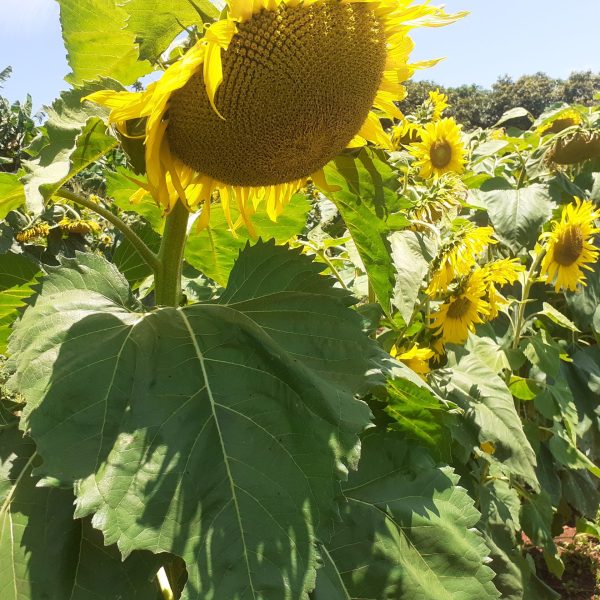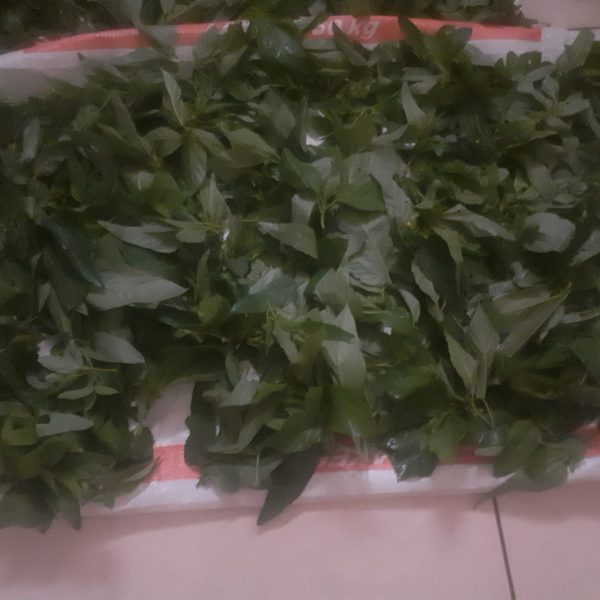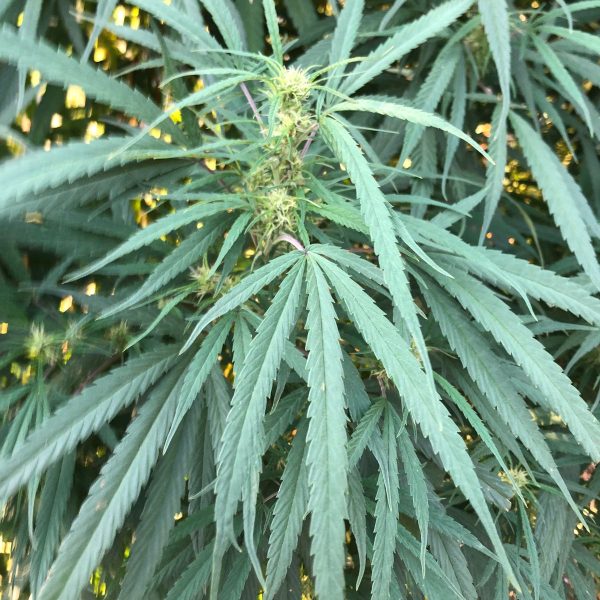These Are Our
Services
01.
Food security
Initiate and implement agroecological approaches that favor the use of natural processes, limit the use of purchased inputs, promote closed cycles with minimal negative externalities and stress the importance of local knowledge and participatory processes that develop knowledge and practice through experience, as well as more conventional scientific methods.
Against a backdrop of population growth, increased pressure on natural resources including soils and water, the loss of biodiversity, Covid-19, and uncertainties associated with climate-related fluctuations and disasters; agriculture must meet the challenges of hunger and malnutrition.
Farming methods have resulted in overstretched water resources, high levels of erosion, and reduced soil fertility; while experiencing harsh cropping conditions, low rainfall and adversely affected by soil degradation, frequent dry spells and increasing population. This is exacerbated by growing demands for food and biofuel, new technologies and crop management systems being used to increase productivity and minimize land-use impacts.
Responsible farming for food production is therefore necessary to promotes adherence to the sustainability principle. Sustainable agriculture, evidenced by the practice of Agroecosystem to provide the food needs of a growing population, appears to be a feasible solution.
The project focus on the implementation of an Agroecosystems approach in supporting food production and reducing food insecurity.
Implemented in partnership with United Nations Office for Project Services (“UNOPS”) financed by the Global Environment Facility/Small Grants Programme (“GEF SGP”), implemented by United Nations Development Programme (UNDP) on behalf of the GEF.

02.
Research and Education
- Build critical mass (provide personnel, infrastructure and equipment) in strategic, specifically identified, disciplines of research (nodes);
- Connect institutions and individual researcher activities;
- Increase the number of scientific outputs (publications) for the region;
- Attract, leverage and administer research funding to support South African Wildlife and Environmental Management foundation activities;
- Provide undergraduate and post graduate training
- Provide student support (bursaries, post doc, ) to facilitate training
Education and outreach
- Develop exciting and stimulating educational products which promote the natural environment around southern Africa;
- Integrate these into the South African educational system at primary, secondary and tertiary levels;
- Invent innovative technologies and concepts to promote the dissemination of knowledge about the biodiversity in southern Africa.
Strategic partnerships
- A strategic partnership, in terms of the South African Wildlife and Environmental Management foundation program, implies a formal engagement between SAWEMA and another institution, researcher or educator whereby SAWEMA provides or facilitates one or more of the Core Components indicated above, or receives support for such components. The engagement is formalised using a Memorandum of Understanding (MoU) or Memorandum of Agreement (MoA);
- Mobilizing public support for environmental conservation, and protecting the endangered species of plants and animals;
- Environmental engineering addressing local issues and solve the problems of local people
- Integrate rigorous research and education aiming to advance the three components of sustainable agriculture- environmental, economic, and social- and use innovative educational outreach to disseminate new knowledge to students, producers, and other agricultural stakeholders.
Offers both technical and scientific training in the form of postgraduate studies (i.e. BSc Hons, B Tech, MSc, M Tech, Ph D), ship and field programs in a variety of fields.
Students are recruited and assigned to a supervisor in the field of interest. Co-supervision is also arranged with South African universities, who issue relevant degree, to accelerate the advancement of knowledge of the biodiversity around southern Africa through research, capacity building, education and outreach.
The overall objective is to demonstrate the biodiversity importance, and the value of this incredible part of the planet to the world public and especially the younger generations through innovative, easily accessible IT media exposure. A cornerstone in the design of SAWEMA is the minimization of administration and infrastructure costs (e.g. building maintenance) so that maximum gain is achieved from donated and acquired funds.

03.
Environmental Management and Wildlife Conservation
- Initiate, develop and manage biodiversity/environmental conservation programs;
- Promotion of nature conservation and environmental protection as the basis for sustainable and equitable development;
- Continually strive to make improvements to the volume of greenhouse gas emissions generated throughout the value chain;
- Work to prevent pollution, recognizing that water, air and soil pollution leads to the destruction of the natural environment;
- Continue in the establishment of our shared environmental management system by: making continual improvements, complying with legal requirements, and holding ourselves accountable by ensuring disclosure of environmental information to our stakeholders;
- Promote conservation of natural habitats and ecosystems and restoration of the ecological balance.
- Protecting and saving the already degraded and threatened biodiversity/natural bounties in the country.

More Services
We Use Plants to Bring Life
- Roof Garden
- Fruits & Flowers
- Landscaping
- Lawn Care
- Rubbish Removal
- Kitchen Garden
- Pest & Weeds Control
- Soil Preparing
- Maintenance Services
